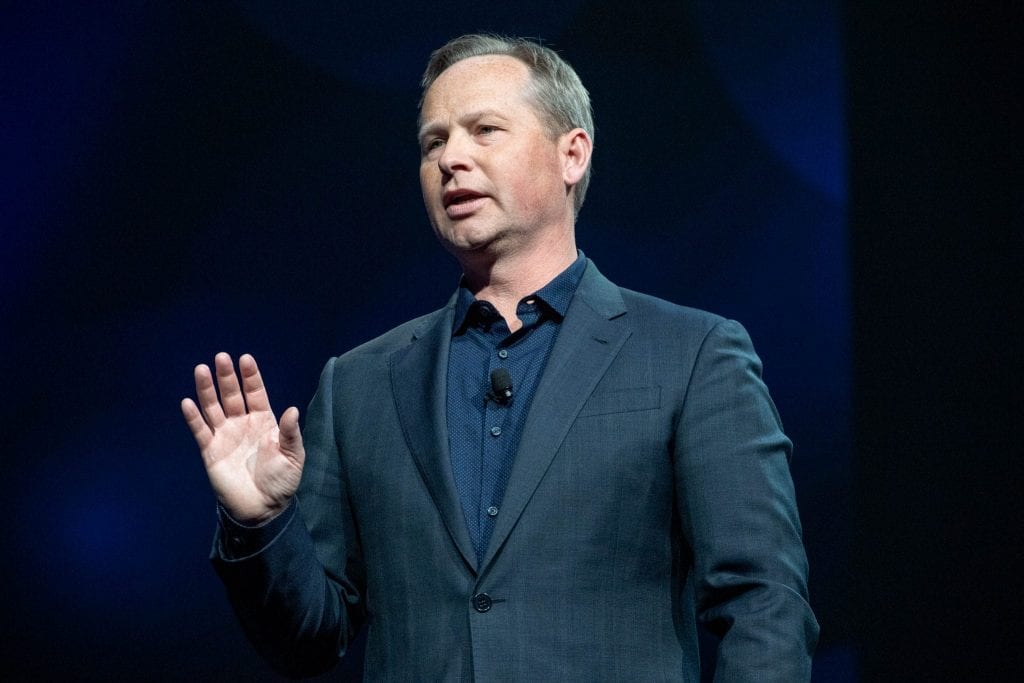Expedia Had a Less-Is-More Approach to Mergers in 2018

Skift Take
Expedia is an opportunistic company, and mergers and acquisitions are part of its DNA. The company has been quiet on this front for the past three years. It is sort of due to make another big splash.
In contrast to 2015, when Expedia Group executed seven mergers at a price tag of some $5.74 billion, the company's approach to mergers over the last few years has mostly been to forgo them.
In 2018, according to a recent financial disclosure, Expedia, under CEO Mark Okerstrom, made just two acquisitions for a total of $54 million. That's a rounding error for a company that did $11.2 billion in revenue last year. The two acquisitions are believed to be for Pillow and ApartmentJet, which provide short-term rental solutions for owners of multifamily residential properties. The irony to some may be that Okerstrom, before becoming CEO, was instrumental

